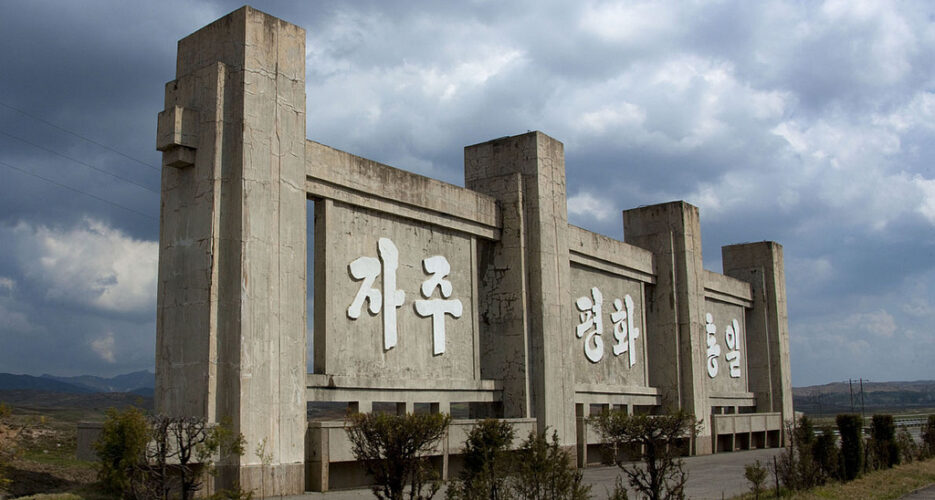Nowadays, the majority agree that unification by absorption (admittedly, the only realistic scenario for Korean unification) is likely to deal a massive blow to the South Korean economy. It will also have serious social consequences for both Korean societies. This is the actual reason why many do not wish to talk about unification-by-absorption. This is also why those few who dare to talk about the need to consider such an eventuality are frequently accused of “courting disaster,” especially in South Korea.
Alas, what the Dutch describe as the “ostrich policy” is triumphant. It has become quite politically incorrect to seriously discuss the possible consequences and policy options should such cataclysmic events unfold. In South Korea, the fear of an honest discussion is almost irrational. In this regard, maybe it is worthwhile recalling that hunter-gathers often considered the names of the larger predators taboo: It was feared that calling tigers and bears by their real names could bring on a sudden attack.
Nowadays, the majority agree that unification by absorption (admittedly, the only realistic scenario for Korean unification) is likely to deal a massive blow to the South Korean economy. It will also have serious social consequences for both Korean societies. This is the actual reason why many do not wish to talk about unification-by-absorption. This is also why those few who dare to talk about the need to consider such an eventuality are frequently accused of “courting disaster,” especially in South Korea.
Alas, what the Dutch describe as the “ostrich policy” is triumphant. It has become quite politically incorrect to seriously discuss the possible consequences and policy options should such cataclysmic events unfold. In South Korea, the fear of an honest discussion is almost irrational. In this regard, maybe it is worthwhile recalling that hunter-gathers often considered the names of the larger predators taboo: It was feared that calling tigers and bears by their real names could bring on a sudden attack.
Become a member for less
than $5.75 per week.
Unlimited access to all of NK News: reporting, investigations, analysis
The NK News Daily Update, an email newsletter to keep you in the loop
Searchable archive of all content, photo galleries, special columns
Contact NK News reporters with tips or requests for reporting
Get unlimited access to all NK News content, including original reporting, investigations, and analyses by our team of DPRK experts.
Subscribe now
All major cards accepted. No commitments – you can cancel any time.












